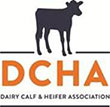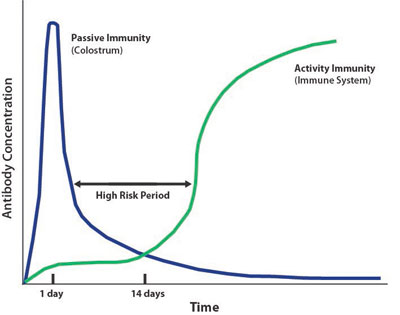The information below has been supplied by dairy marketers and other industry organizations. It has not been edited, verified or endorsed by Hoard’s Dairyman.



Research shows that development of the calf’s digestive microbiome early in life may improve her future health and productive performance. This goal will require specific nutritional and health strategies that support optimum immune development, digestive efficiency and nutrient intake at three key periods: the first 14 days, at weaning and transition.
Development of Active Immune Function for Long-term Health Benefits

The most important time in a calf’s life is the first two weeks after birth. About 24 hours after birth, the passive immunity from colostrum begins to decline and by day five the protective antibody concentration is low. Thus, the calf is at risk of infection until the active immune system develops at about day 14 to 21.
Development is Critical for Optimum Weaning and Transition
Early calf starter feeding is important:
- Significantly helps rumen development before weaning for improved transition success
- Promotes active immune development from improved rumen function and nutrient intake
- Improves calf weight gains and development goals associated with earlier puberty, lower age at first calving, better first lactation milk production and health status during lactation
As the young calf begins to consume dry feed, ingested bacteria initiates rumen fermentation and production of volatile fatty acids (VFAs). Adequate rumen function and digestive capacity is particularly important at weaning when hutch calves are transitioned to group pens and stressed by a new feed and a different environment. If rumen development is not sufficient, calves will lose weight and experience health issues, which can affect the future productivity of the animal.


